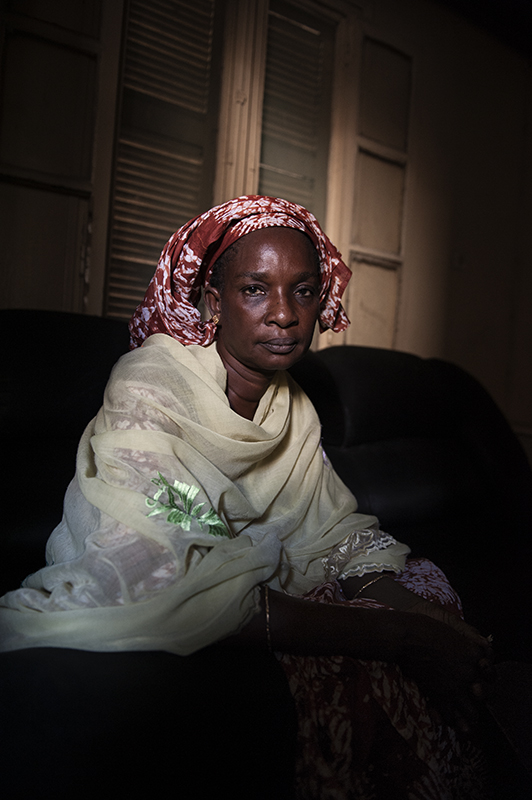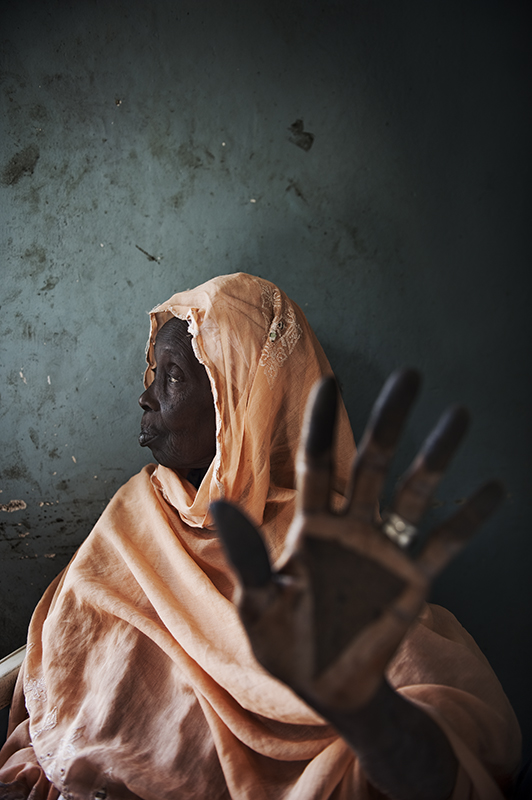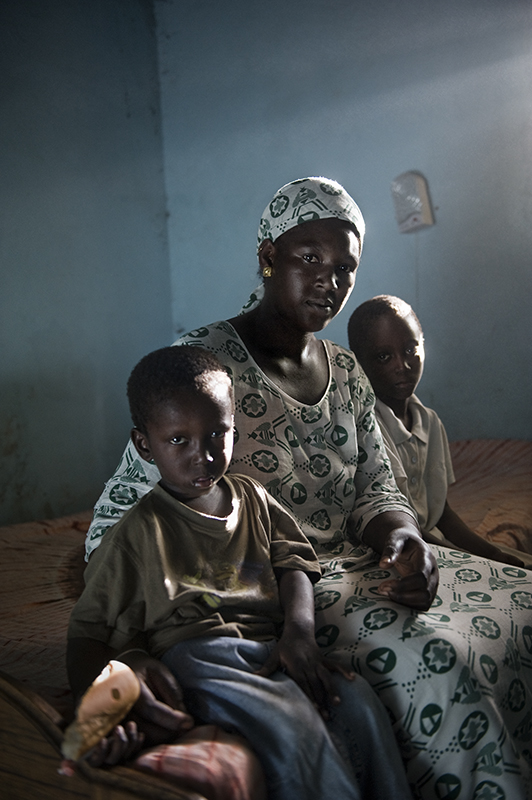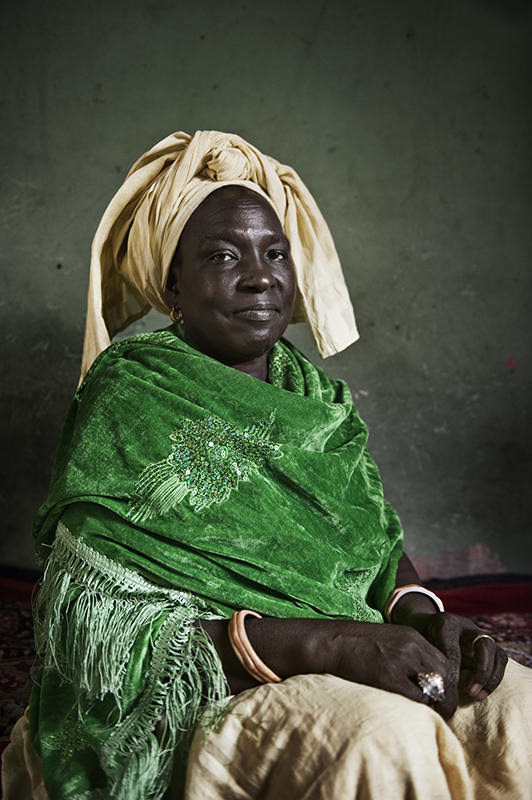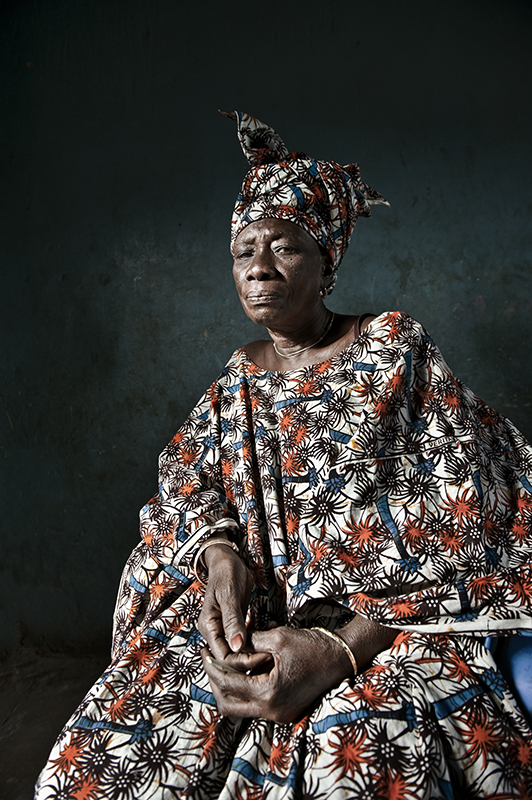Women of Immigration
Hundreds of women of Senegal have lost their children and husbands trying to reach the Spanish coasts in fragile ‘cayucos’ boats. During years, spouses and mothers encouraged their young ones to undertake the march, in a passage of more than a thousand kilometers from the African coasts to Canary beaches. In the coastal villages, the neighbors and relatives hold celebrations of goodbye to the bold immigrants. The Senegalese polygamy increases the competition between mothers, and shakes the desire of the boys to rise on the boats. Behind each of these pictures there is, at least, a lost life in the ocean and the history of the subsistence of a family.
Journalist and humanistic photographer based in Madrid. He first studied at University of Salamanca and begins his professional career in 1993, at the informative services of Antena 3 Radio. The first years of this career were spent working in radio, editing and news presentation for Onda Cero Radio. By then he already had his first contacts with the press in different publications. His first experience with international media, the photo journalism and photography came in 1997. That year he witnessed how Afghanistan Taliban fundamentalists took power in Kabul, imposing their particular vision of ‘sharia’, and the civil war plaguing the country. Soon he will begin collaborating with the magazine Cambio 16, who write and photograph the Palestine intifath, the Albania refugees crisis and war in Kosovo and Macedonia. Apart from his work for other major media he has collaborated in the publication of books and is the author of two of his own works: ‘Escuchar a Iraq’ in 2006; and ‘Kosovo: venganza en la tierra de los cuervos’, in 2001.
